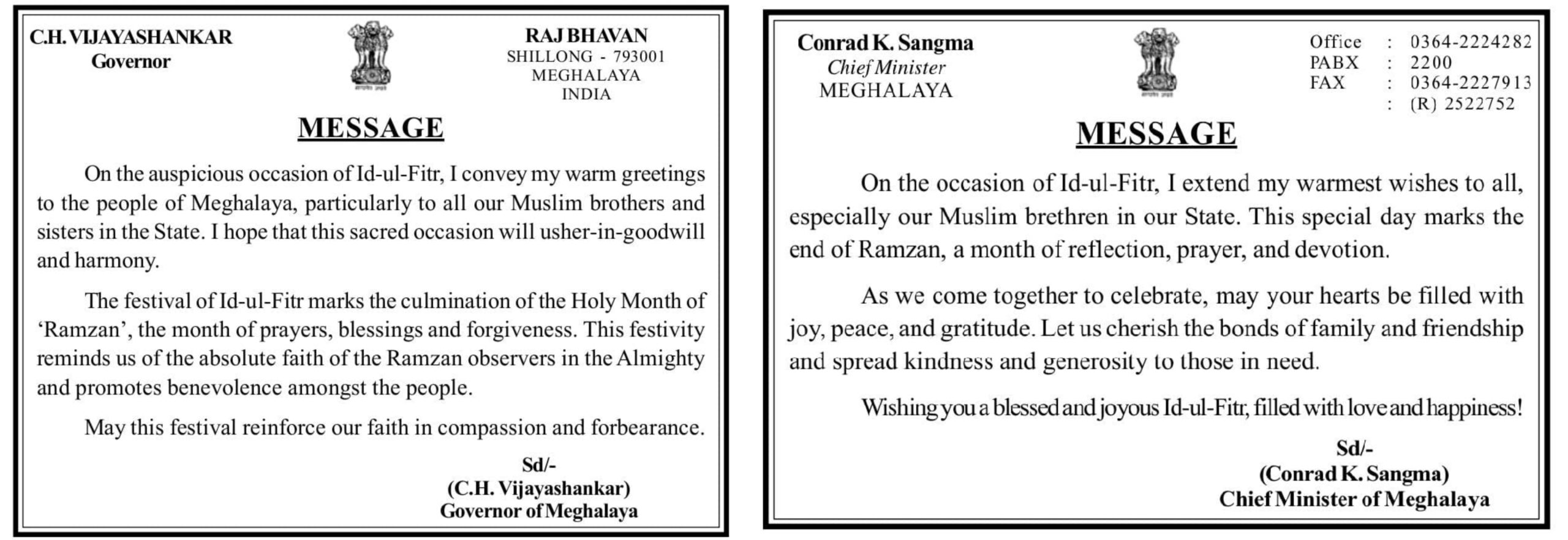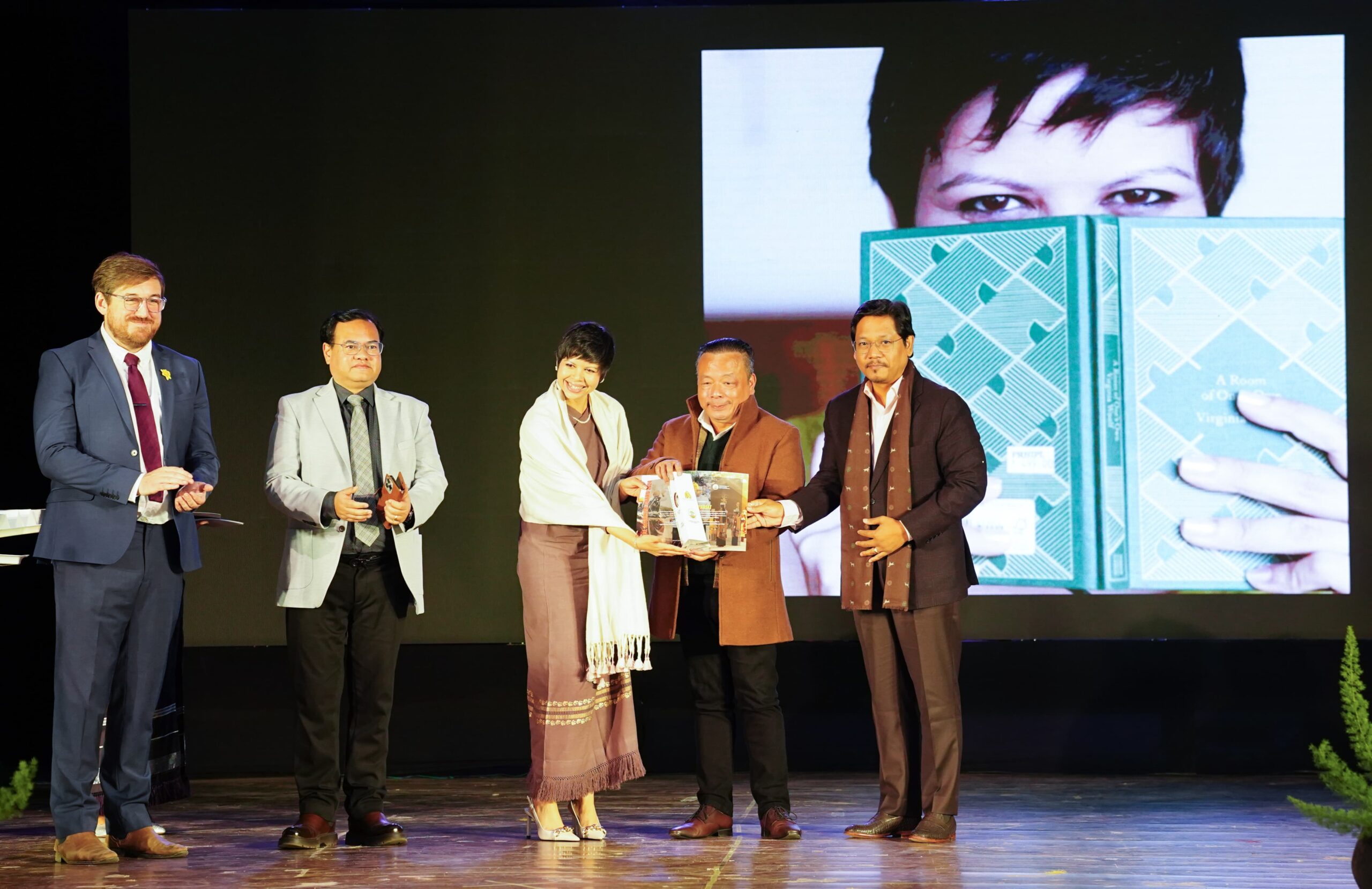Meghalaya Chief Minister Conrad K. Sangma has urged the Department of Education to mandate educational institutions to visit museums to learn about the state’s rich heritage and diversity.
Speaking at the inauguration of the Tri Hills Ensemble at the U Soso Tham Auditorium in Shillong, in the presence of Arts and Culture Minister Paul Lyngdoh and Head of India for the Welsh Government Mitchell Theaker, Sangma emphasized the government’s vision to inspire the younger generation to take pride in the state’s culture and diversity.
He highlighted that the government has introduced programs to promote culture, various forms of art, music, literature, and the ancient knowledge and wisdom of Meghalaya.
“We want our people to be proud of our culture, customs and language,” the Chief Minister stated. He commended the Arts and Culture Department for its efforts to revamp the Captain Williamson Sangma Museum and encouraged the use of technology to provide immersive experiences of the state’s multifaceted heritage. “Our events and festivals celebrate the richness of the state,” he added.
The third edition of the Tri Hills Ensemble showcased the arts, crafts, and culture of Meghalaya’s Khasi, Jaiñtia, and Garo tribes while also commemorating Jan Jatiya Gaurav Diwas. Sangma described the festival as “a celebration of our culture, our society, and our people,” aimed at highlighting the rich diversity and cultural identity of the state.
Speaking on the broader significance of culture, Sangma remarked, “Culture has a lot of power and potential as it connects us to our roots, our past, our unique identity and distinguishes us from the crowd. As a form of soft power, we are trying as a Government to harness this potential and release it for constructive purposes.”
He also mentioned the Chief Minister’s Research Fellowship program, through which 50 scholars have been selected to document topics related to the people and culture of Meghalaya. “Our identity is our culture, our pride, it is imperative that we showcase and conserve the wisdom of our forefathers in different fields, and take it to global prominence,” he said.
He further elaborated, “The power of culture can connect us with other cultures around the globe, and the convergence of these aspects will foster further growth in tourism in the state.”
During the event, the official web portal for the arts and craft village was launched, and awards were presented to achievers in various categories. These included contributions in literature, tribal entrepreneurship, filmmaking, woodcraft, fashion, performing arts, indigenous cuisine, and bamboo craft. Notable awardees included Dr. Kynpham Sing Nongkynrih and Janice Pariat in literature, Steve Jyrwa for performing arts, and Ricky Kynter and Bandap Dewkhaid for bamboo craft.
Three books were also launched: “A Synthesis of Rhythm & Art,” which documents the cultural dances of Meghalaya, an initiative by Sankardev College in collaboration with the Department of Arts and Culture; “U Spor na Thwei Pyrkhat” by Banjop Leo Gregory Kharmalki; and the Khasi Old Testament (KOT) by Raphael Warjri.


